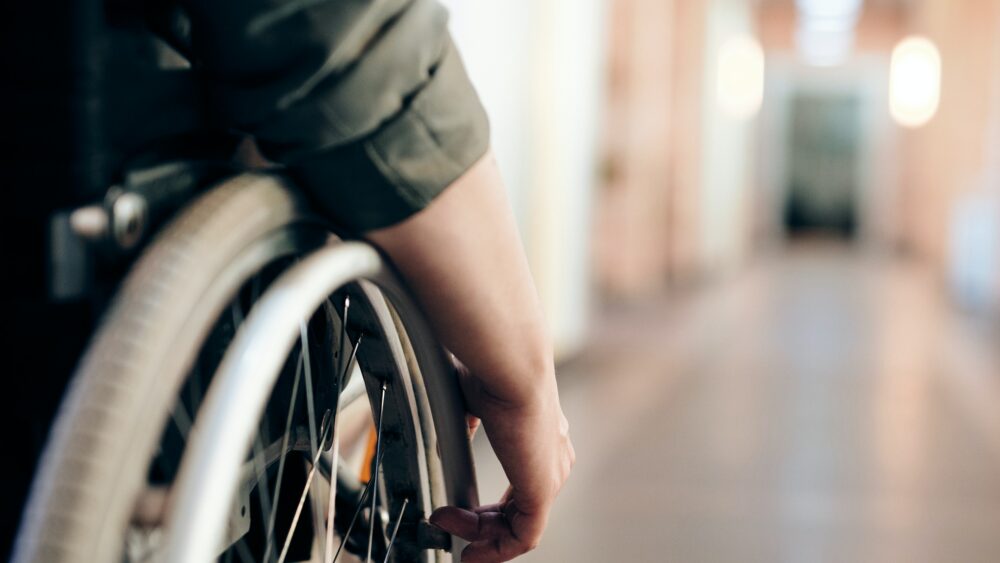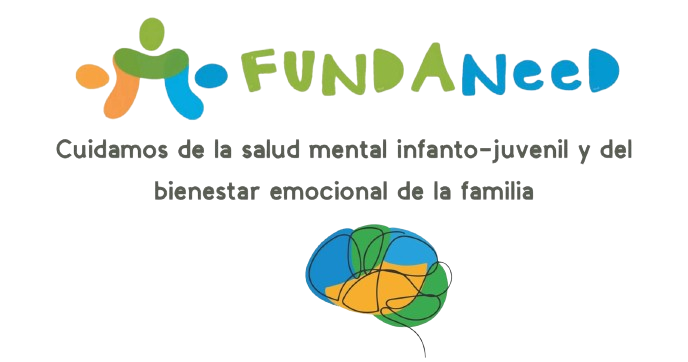The Ministry of Social Rights and the 2030 Agenda presents the Spanish Strategy on Disability 2022-2030, conceived as an ambitious and enabling roadmap, so that The Spanish State, through its administrations and public powers, contributes to making effective the human rights of people with disabilities and their families.
With this Strategy, Spain is following in the footsteps of the European Union, which has just adopted a
similar framework for the period 2021-2030. Two tools that will turn inclusion into a community policy but also a state policy.
We believe in Europe, in the Europe of the people. Along these lines, within the framework of the Plan
of Transformation and Resilience Spain Can, an ambitious program of reforms will be launched so that the Rights preside over the landscape where the people with disabilities transit. Ultimately, these funds will be used to repair and expand rights in key areas such as access to public services, housing, education, health or culture, and that will result in the generation of opportunities and new
sources of employment for this group of people.
This Strategy, as marked by the 2030 Agenda, is conceived from a intersectional and with a gender perspective, to settle a debt with women and girls with disabilities because they are in an unequal situation due to many realities and historical oppressions. Likewise, it will respond to other transversal challenges such as the climate emergency and the demographic challenge, since these are issues that concern us each and everyone. In the same way, the Strategy is with the Spain of the peoples, of the
villages and the countryside where people with disabilities also reside, who must be listen and follow.
This tool was also born to give voice, empower and support people with disabilities with great support needs in public policies, and so that the people with psychosocial disabilities see it as an element of orientation towards their human rights.
The Spanish Disability Strategy revolves around civil dialogue and its development has been democratized to the maximum so that people with disabilities and their families, with the collaboration of their representative entities feel it as their own, and see it as a document that ensures compliance with your rights.
In the same way, it draws on the knowledge and experience of the Communities Autonomous, constitutionally responsible for descending social policy to its own daily life of people and Local Entities, which ultimately establish as indispensable collaborators in its implementation process, so that together
see this instrument as a new element that strengthens cooperation territorial.



Comments are closed.